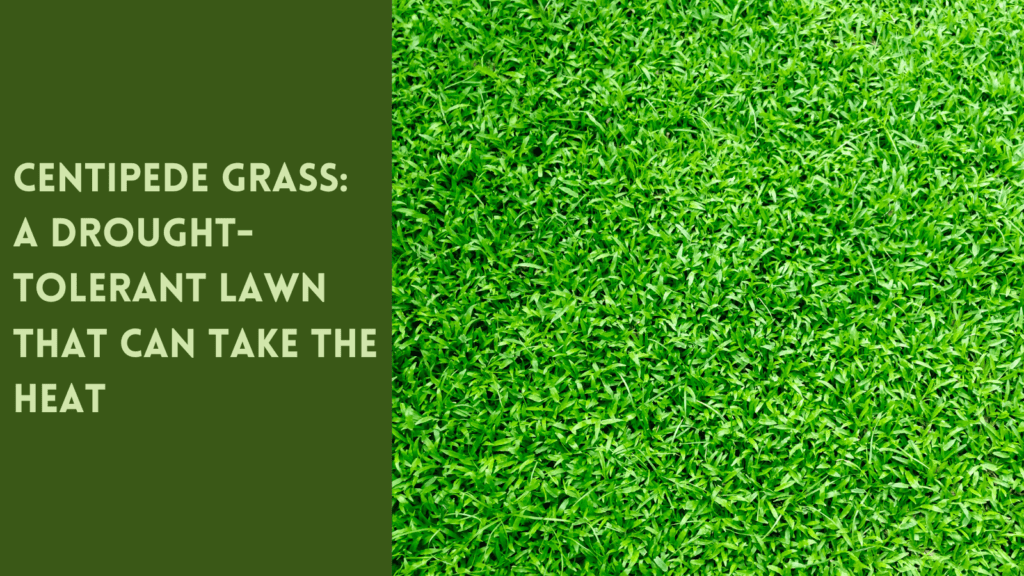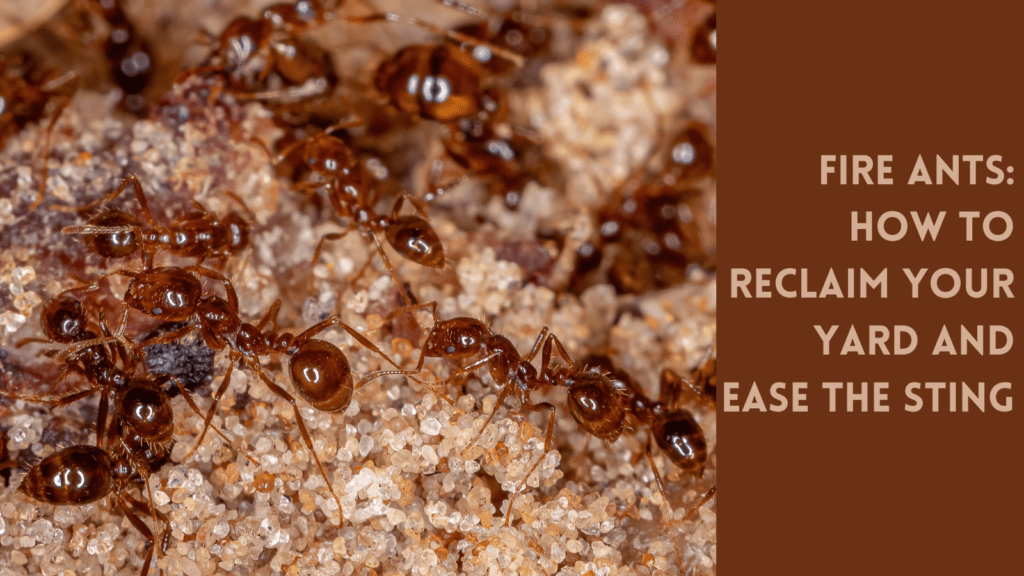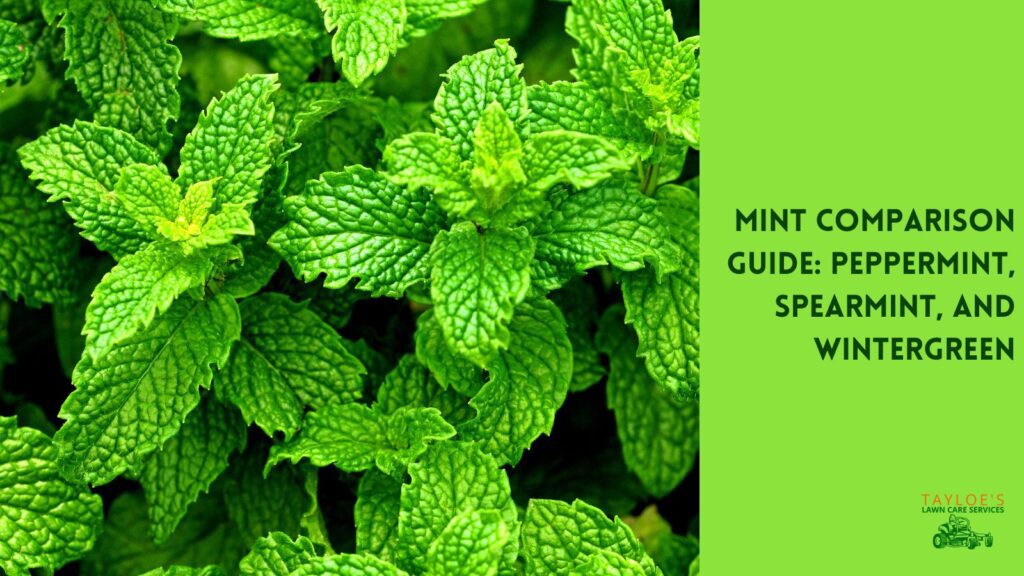Last Updated on: 7th February 2024, 05:46 am
The debate about organic lawn maintenance is ongoing.
A well-maintained lawn and garden are aesthetically pleasing and can help people with chemical sensitivities enjoy gardening again. Others prefer organics to keep pesticides off of the food they grow. Either way, organic weed control has become famous for homeowners and lawn care professionals.
There’s no right or wrong in the chemical versus organic weed control debate. It comes down to your preference. Every gardener can decide what works best in their yard. No judgment here–just a few facts about how to give organic gardening a try.
This content will discuss various organic weed control methods that benefit your lawn and the environment.
Overview of Organic Weed Control Methods
Organic weed control methods can be broadly classified into four categories: mechanical, biological, cultural, and organic herbicides. Each method has advantages, and combining them can lead to optimal results.

Mechanical Methods
- Hand weeding: Hand weeding is a simple and effective way to remove weeds from your lawn. Use a weeding tool or your hands to uproot weeds, removing the entire root system.
- Mowing and trimming: Regular mowing and trimming can help control weed growth by cutting off the tops of weeds and preventing them from producing seeds.
- Mulching: Applying a thick layer of organic mulch around plants can suppress weed growth by blocking sunlight, retaining soil moisture, and adding nutrients to the soil.
- Solarization: Solarization involves covering a weed-infested area with a transparent plastic sheet for several weeks during the year’s hottest months. This method traps heat and effectively kills weeds and their seeds.
Biological Methods
- Introducing beneficial insects: Some insects, such as ladybugs and lacewings, feed on weed-eating pests, which can help control weed growth indirectly.
- Using weed-suppressing plants: Planting ground covers or other plants that compete with weeds for resources can help control weed growth naturally.
- Utilizing domestic animals for weed control: Grazing animals like goats and chickens helps control weeds by grazing on them and disturbing the soil.
Cultural Methods
- Proper lawn care and maintenance: A healthy, well-maintained lawn can outcompete weeds. Regular watering, fertilizing, and mowing are essential for a strong lawn that resists weed invasions.
- Soil amendment and aeration: Aerating compacted soil and adding organic matter can promote healthy root growth, making it harder for weeds to establish themselves.
- Planting cover crops: Cover crops, such as clover and rye, can suppress weeds by competing for resources and shading the soil.
- Strategic landscaping: Design your landscape to minimize open spaces where weeds can grow. Plant densely, use borders, and incorporate hardscape elements to deter weeds.
Organic Herbicides
Herbicides are chemical substances that control, suppress, or eliminate unwanted plants, commonly known as weeds. They target specific plant species or growth stages and are widely used in agriculture, landscaping, and lawn care to maintain the health and appearance of desired vegetation.
- Vinegar-based solutions: Acetic acid in vinegar can be an effective, natural herbicide. However, it may also harm desirable plants, so apply it carefully.
- Essential oils: Some essential oils, like clove, cinnamon, and peppermint, have herbicidal properties. These can help control weeds when applied correctly.
- Corn gluten meal: Applying corn gluten meal to your lawn can prevent weed seeds from germinating. It also provides additional nutrients for the soil.
- Homemade recipes: Many DIY herbicides use natural ingredients like salt, soap, and citrus oil to create an effective weed control solution. Some doubt its efficacy, but it’s worth a try/
Five Tips for Successful Organic Weed Control
- Monitoring and early intervention: Regularly inspect your lawn for weeds and address infestations promptly to prevent them from spreading.
- Combining methods for optimal results: Employ mechanical, biological, cultural, and organic herbicide methods to control weeds effectively.
- Seasonal considerations: Adjust your weed control strategy according to the growing season and the life cycle of weeds in your area.
- Patience and persistence: Organic weed control
- Patience and persistence: Organic weed control methods may take longer to show results compared to conventional methods. Be patient and consistently apply the techniques to achieve the desired outcome.

The Takeaway: Organic Weed Control Can Help Chemical-Sensitive People Enjoy Gardening Again
Trying organic weed control methods can improve health outcomes. It’s a particular choice by those concerned with chemical exposure. But by combining mechanical, biological, cultural, and organic herbicide methods, you can effectively manage garden or lawn weeds without harmful chemicals. Remember, patience and persistence are key when employing organic weed control techniques. So try these methods and enjoy a chemical-free yard.
Remember, a well-maintained lawn is aesthetically pleasing. It also drains faster after a storm and absorbs essential nutrients for a better appearance. Choose Tayloe’s Lawn Care Services for all your lawn care needs. We provide pine straw mulch delivery, yard clean-ups, pressure washing, and lawn care: Ahoskie, Aulander, Windsor, and all of Bertie County.
Author Profile

- Deborah Tayloe is the CEO and co-founder of Tayloe's Lawn Care Services, LLC. She has a B.S.Ed and holds certificates in soil and water management and herbology from accredited programs.
Latest entries
 Trees and ShrubsApril 22, 2025Boxwood Blight: Early identification and isolation
Trees and ShrubsApril 22, 2025Boxwood Blight: Early identification and isolation Flower GardenApril 8, 2025John F. Kennedy Rose: Hybrid tea rose with elegant white blooms
Flower GardenApril 8, 2025John F. Kennedy Rose: Hybrid tea rose with elegant white blooms Vegetable GardenMarch 24, 2025Trellis vegetables provide an abundant vertical garden harvest
Vegetable GardenMarch 24, 2025Trellis vegetables provide an abundant vertical garden harvest GardeningMarch 17, 2025Are coffee grounds good for compost?
GardeningMarch 17, 2025Are coffee grounds good for compost?







